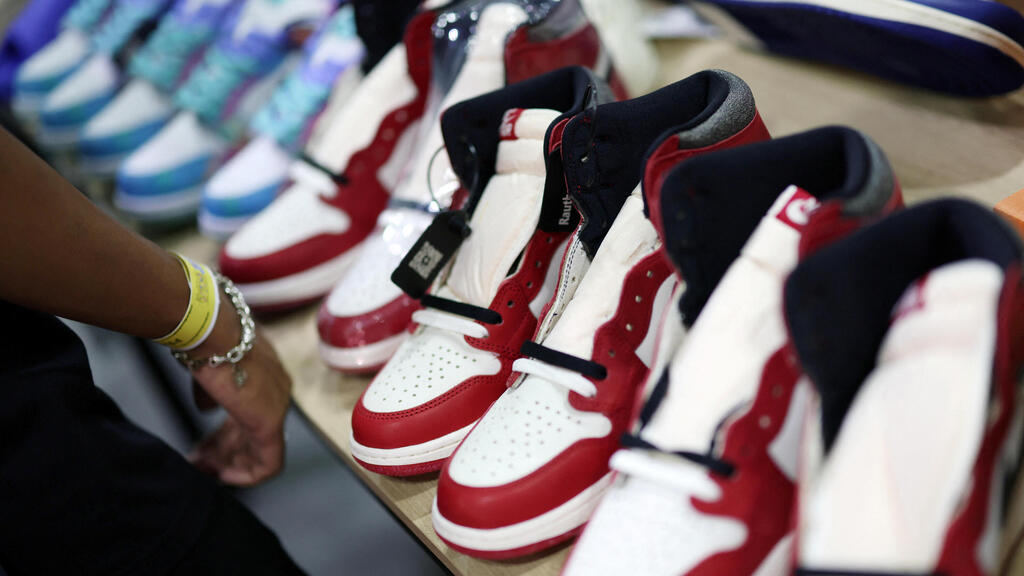Popular sneaker brands like Under Armour and Nike are banking on strong sales of recent releases like the Curry 12 ‘Spark’ colorway (to honor Steph’s famous championship run with Davidson College) and the classic Air Jordan 1 Low in UNC Tar Heel blue.
New releases and special editions are huge events in the sneakerverse, with hypebeasts and mainstream consumers alike obsessively tracking release dates and availability, waiting miles in line for big drops, and paying premium prices for limited-edition styles and colorways. Unfortunately, new sneaker releases can also be big paydays for the fraudsters who profit from the sneaker resale market.
The prospect of snagging limited-edition footwear recently sparked an old-time crime spree across the American West. In a string of at least 10 train heists since March of last year, criminals made off with nearly $2 million in coveted sport shoes, including thousands of pairs of unreleased sneaker styles.
Less daring but just as disruptive for retailers, unruly crowds and unwelcome resellers occasionally require law enforcement intervention as they reportedly did at the highly-anticipated Bode x Nike Astro Grabbers drop last spring.
Online, big release dates can trigger big spikes in fraud. Analysis of Riskified transaction data shows that NBA All-Star weekend sneaker releases create a peak for fraud, with fraud attempts rising +41% compared to the annual average.
Get the Ynetnews app on your smartphone: Google Play: https://bit.ly/4eJ37pE | Apple App Store: https://bit.ly/3ZL7iNv
Limited edition abuse is especially challenging for online merchants because fraudsters can use bots and account takeovers (ATOs) to make large-scale illicit purchases.
Returning fake sneaker replicas has also become a common scheme, forcing merchants to deploy time-intensive verifications to confirm product authenticity.
2 View gallery


Donald Trump delivers remarks while introducing a new line of signature shoes at Sneaker Con
(Photo: Chip Somodevilla / Getty Images)
Whether the theft is online, in-store or in transit, criminals who resell sneakers at inflated prices deprive legitimate customers of the goods they want, take profits out of retailers’ pockets, and damage the brands’ reputations.
Unfortunately, the problem isn’t going anywhere. The sneaker market is growing and diversifying, with a wider array of brands now considered fashion instead of just footwear. Fraudsters are becoming more sophisticated, too, and they have unprecedented access to online resources and guides for monetizing stolen sneakers or flipping counterfeits.
With its thriving and lucrative resale market, the sneakers industry is consistently the riskiest subset of fashion ecommerce in terms of fraud. Sneaker fraud erodes merchant profitability, brand reputation, and customer trust, and it puts a damper on key sales opportunities like March Madness, and the NBA finals.
- Julia Hallett is the director of content Marketing at Riskified


